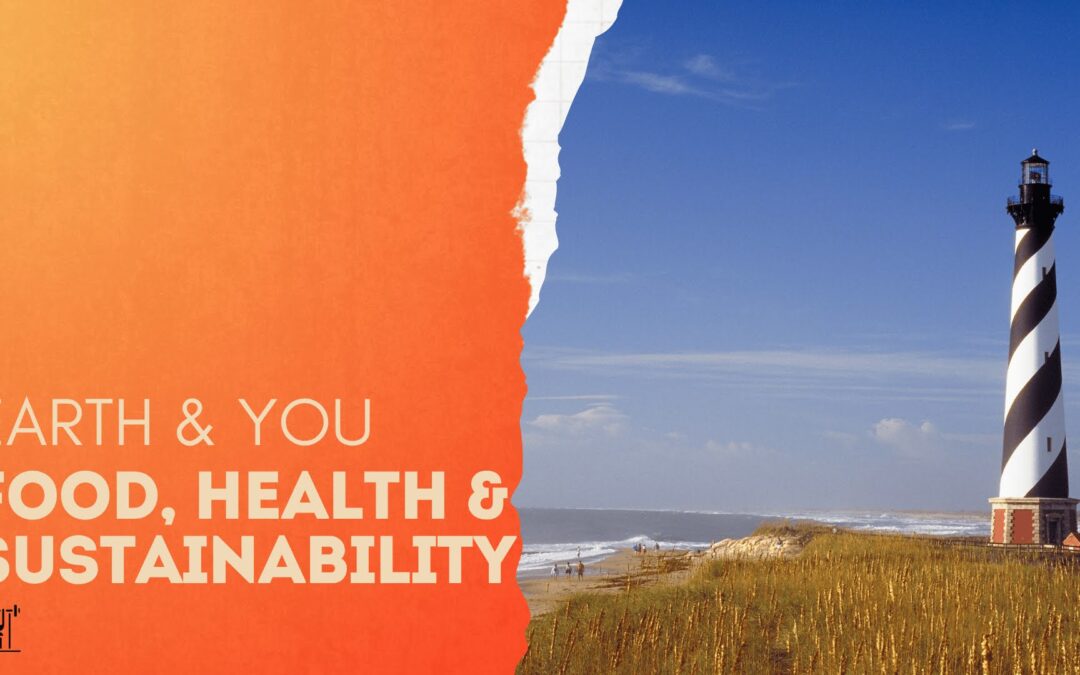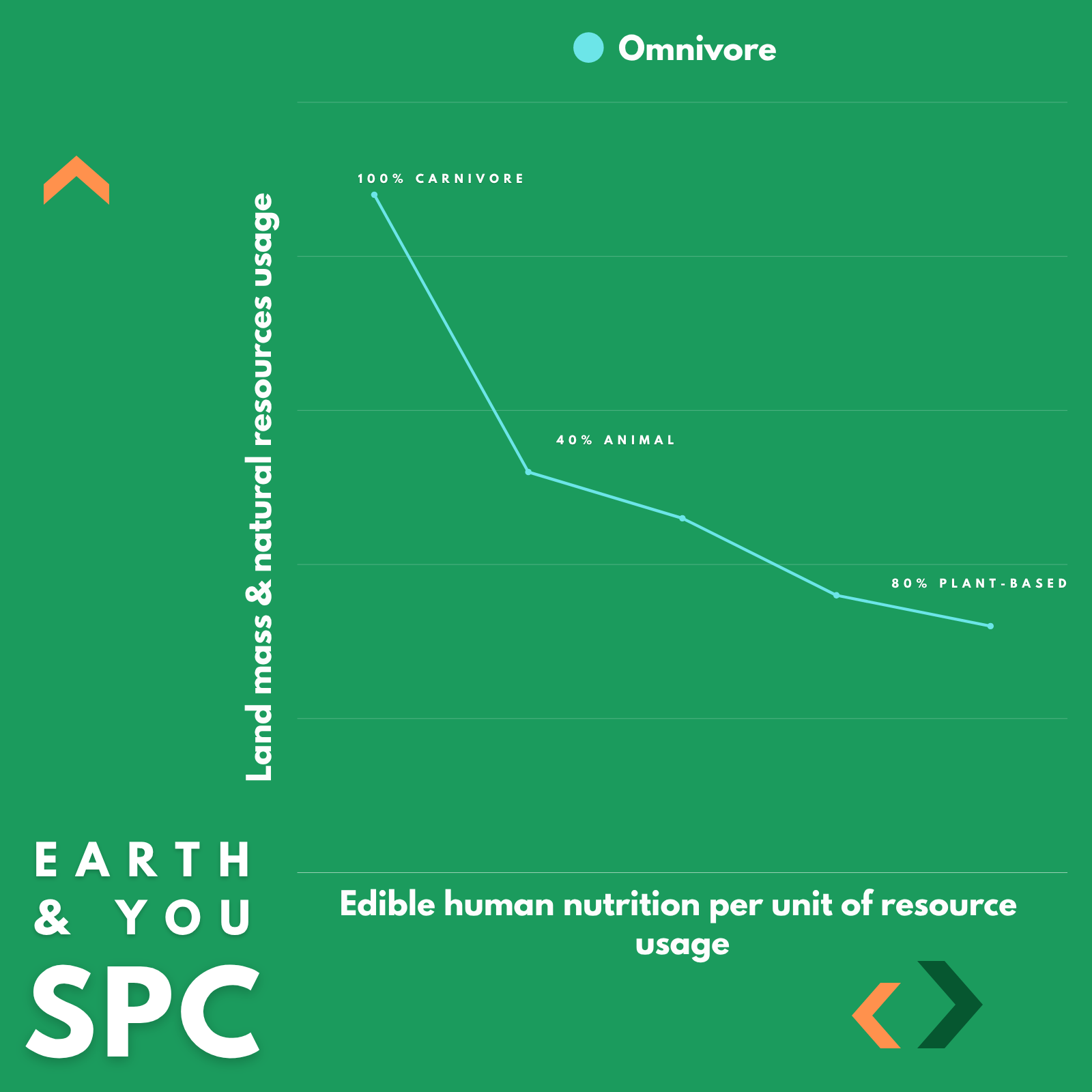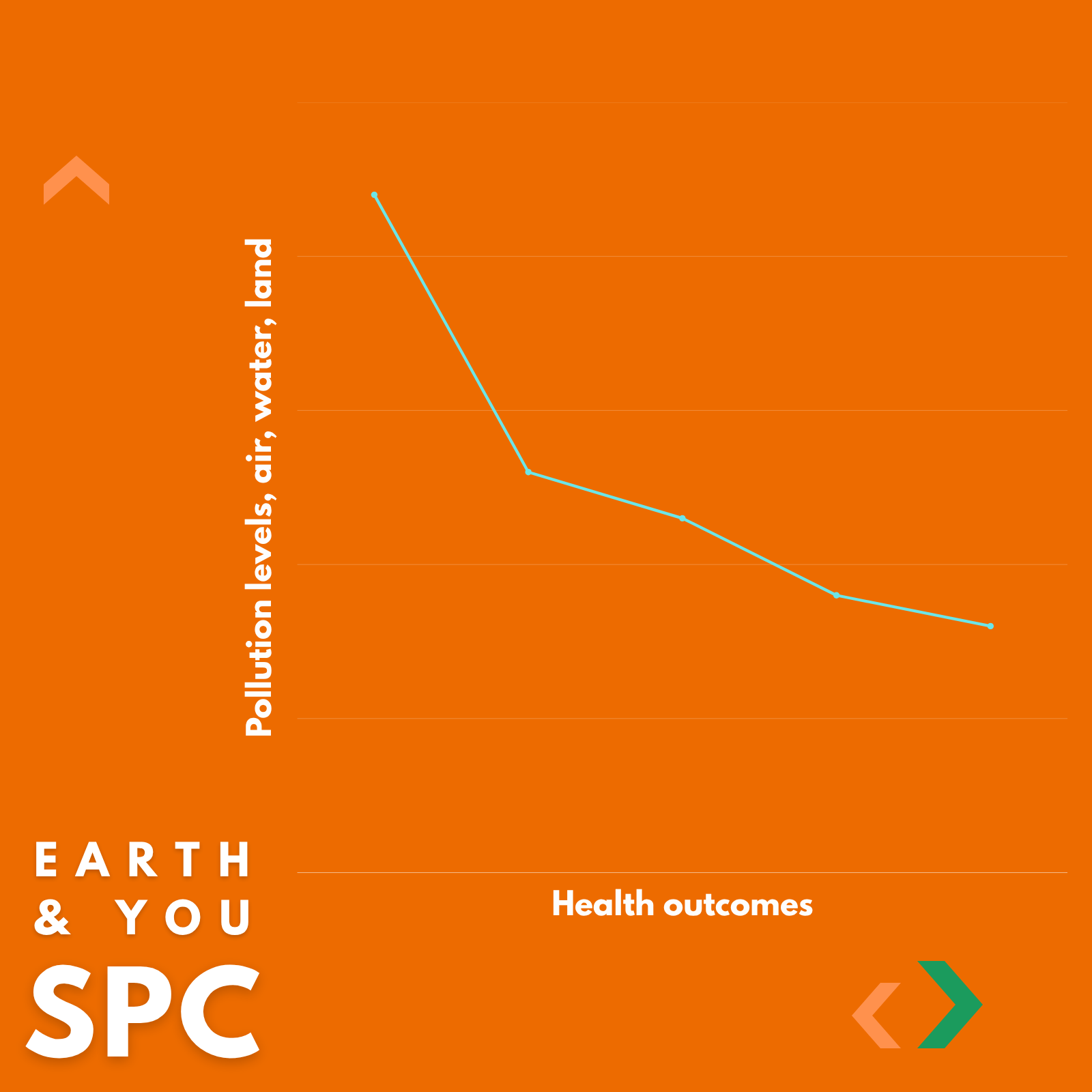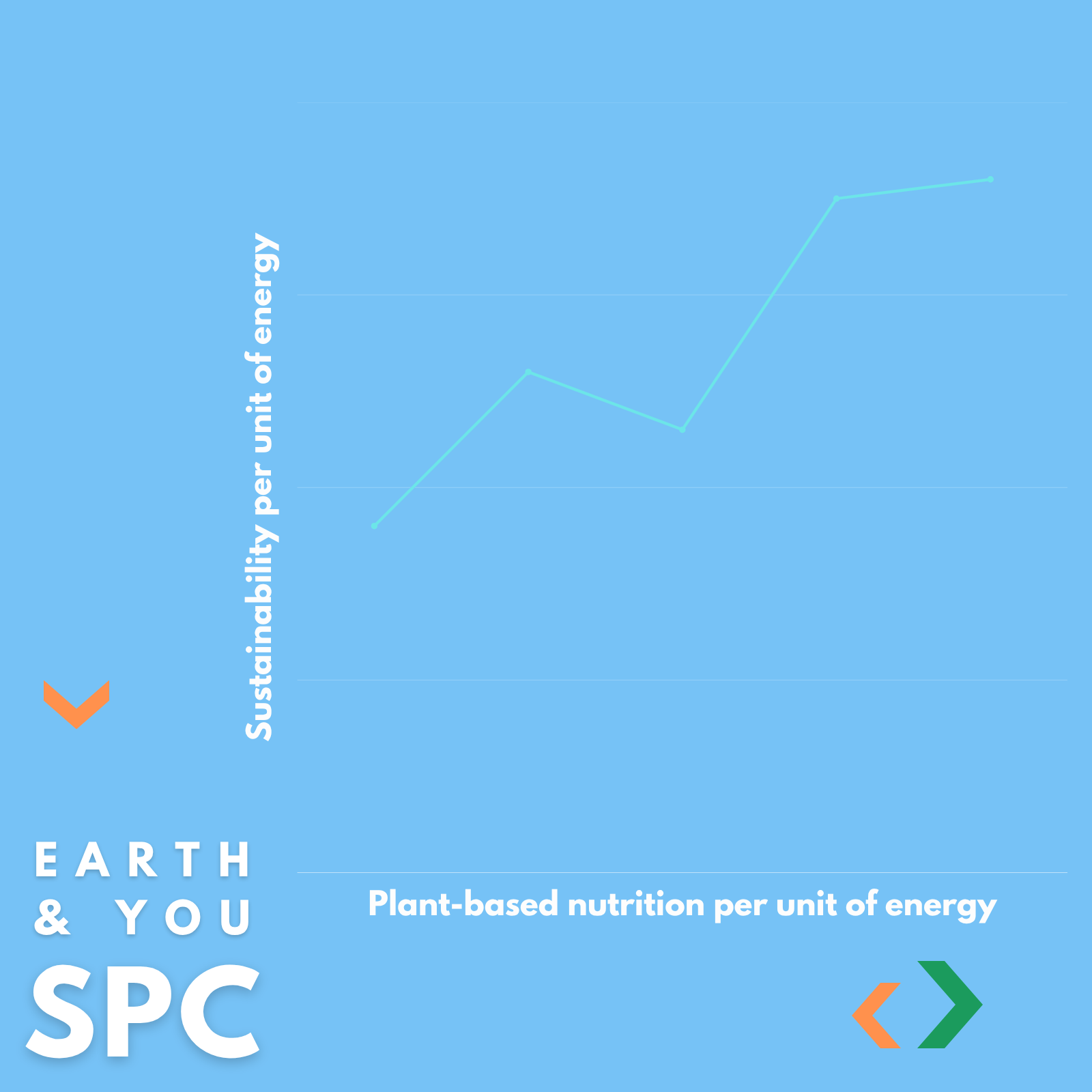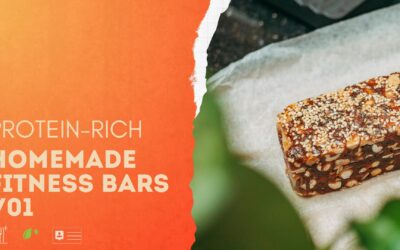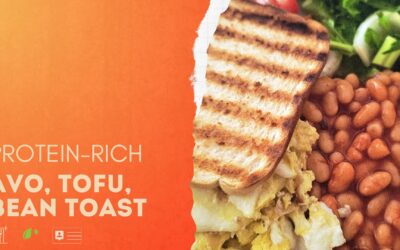Strength By Fitness
The symbiosis between your ongoing health and food habits, and the wellbeing of our entire planet.
Welcome to another fact-based coaching article from Strength by Fitness.
What you and I eat matters for both our health outcomes, as well as the continued state of our planet. Welcome to a Strength By Fitness deep dive on the way that our nutritionally complete, higher-SPC food coaching helps to create a healthier, fitter you while also strengthening our planets health, and wellbeing.
We achieve this in a way that is as diet tribe neutral as it gets, and easy to maintain no matter what kind of preferences, and challenges you have with health, fitness, lifestyle, and food habits.
Our articles as a podcast
sustainability and nutritional coaching walk hand in hand. and many more coaches and people need to embrace this complete, & fact-based view of coaching, life, society, and food habits.
Coach Mike, Strength By Fitness
Sustainability matters for human health.
No matter who you are, and no matter which nation you call home. That fact-based statement has nothing to do with political parties, faith, culture, feelings, food tribe, or ethnicity. It´s just the fact-based reality we all share.
This is something which is perfectly displayed visually in this dreadful documentary I have embedded down below from Indonesia, where nature and people have to contend with the gigantic long-lived issue of overflowing, toxic landfills that litter the landscape and communities like a living painting of an industrial apocalypse.
As if that is not enough, industrial garbage regularly gets shoved straight into the ocean, and on other occasions, all that manmade garbage and litter fuels the local food industry as what can only be called an extremely toxic energy source. Polluting the air that people breathe, the soil that plants and animals depend upon, and poisoning the water everyone drinks.
All these nasty, unsustainable factors also make the food they produce locally far more toxic and unhealthy.
All this also matters because humanity’s unsustainability creates vast, long-lasting health issues in all countries for the workers, the communities that live there, and the food consumers that eat the food that is being produced in a manmade landscape of air, soil, and water-based pollution.
It matters because millions of people die prematurely every year due to air pollution alone. And many more suffer decades of poor health and diseases because of that pollution in the air, water, and land. Something which affect every single country on the planet, be it Indonesia, India, USA, or any other country in Asia, Africa, Europe, Middle East, or South America.
And it matters because no human should have to drink tap water that´s laced with human waste, poop, and plastic litter.
It matters because no one should have to eat veggies, eggs and tofu thats full of toxins, and no one should have to pick berries, and apples thats growing above toxic landfills of garbage, and no one should have to wonder if the fish they are making for dinner is full of lead, heavy metals and microscopic plastic particles.
In short, it will eventually become impossible for most humans to live a healthy life, and eat healthy foods if our planet has been turned into an unsustainable waste dump at an even larger level than it already has.
How to not make tofu or any other food
The nutrients we get for human consumption relative to the environmental harm & pollution that food is causing is a key metric for both human health outcomes and the well-being of our entire planet.
In the chart above, you can see that we have plotted the correlation between the natural resource usage, and corresponding pollution, and the negative environmental impact of that food production, with the amount of edible nutrition we end up getting for human consumption.
This chart is focusing on an omnivore food life, and why not, most humans are omnivores by their own free will. So it makes complete sense to take a look at the way most humans’ food habits impact the health of our planet.
The final thing we did was to connect that to the amount of plant-based food omnivores also consume.
And this is where it gets very telling. The fewer plant-based foods an omnivore includes in their life, the less nutrition that omnivore is getting per unit of planetary impact.
In other words, a carnivore is not getting a lot of nutrients at all, relative to the huge negative impact they are having on our planet. No matter if it is land pollution, fossil fuel usage, air pollution, pollution in lakes, waterways, and the ocean, or the amount of land that needs to be used up as agricultural land instead of remaining as healthy wild nature.
This factor also includes the amount of fresh water that is used up, and yes, the amount of nutrients that are being used up to produce the foods we eat, forest clearing, and wildlife decimation are other factors at play here, and of course, crop death too.
In all these metrics, the carnivore plate is the omnivorous plate that´s doing the worst.
And the omnivore food life that gets the most bang for the buck is the omnivore that consumes the most plant-based foods every meal, day, and week.
It’s not just scaling with planetary health. What’s good for the planet benefits your own health equally much.
The more plant-based nutrients any given omnivore is consuming, the better their nutritional intake and health outcomes.
So while we will never tell anyone that they have to go 100% plant-based, we do want everyone to be able to enjoy the best possible outcomes in health, fitness, and life. So while the amount of plant-based nutrition you are at ease with consuming is a personal choice, and for some people, a matter of allergies and intolerances too, at large, for most of humanity, the clear-cut outcome is really easy to see, would you not agree?
More plant-based foods equal more human nutrients, less pollution, and a healthier world that’s just a little more wild, fresh, and healthy.
All while our own health outcomes also improve. I really do not see why some people have such a hard time accepting this piece of fact-based reality.
But yes, some people do not want to admit that this is how it is, but that stubborn behavior will never change the way things really are. This is not to say that plant-based food choices are perfect either, because they are not.
But they are relatively speaking much better, and in a imperfect world, when one choice is so bad that it is mathematically impossible for it to work at the current scale, then the one habit and food choices that make the situation better, and doable doesnt have to be perfect, because it is drastically better than the alternative.
And this is basically what the situation is when we look at the impact of human made food industries and our human food habits, plant-based food choices are not perfect. But they improve our own health outcomes, when done right. And unlike animal heavy food approaches they do so while staying within the limitations and boundraries of our planet.
Related Content
Nutritional Coaching & Sustainability
Omnivore vs Plant-based Foods
Earth and You Articles
The conundrum of protein, B12, and other nutrients.
It is impossible to include sustainability as a factor when discussing food habits without being met with a barrage of “but” from a sizeable number of people.
These objections include “but animal protein is superior”, so how will I be able to stay healthy on plant-based protein, and look at all the big bodybuilders, they are all eating meat.
Reality is, of course, that not all competitive athletes are eating meat at all. It is just the kind of myths people like to tell themselves to reinforce that their own habits fall in line with what the majority of people are doing. It’s social to eat meat and drink cow milk & “everyone knows” that animal protein scores higher in studies on protein synthesis and amino acid levels.
As has been discussed numerous times with clients, and put on display in our articles, yes on a individual food item level some animal proteins score slightly higher on a individual food item level.
But people do not eat foods 1 item per meal, its a combination, or should be a combination, of several nutritionally rich, higher-SPC food items, and in the case of protein, once you combine enough protein from several plant-based main protein sources into a meal the outcome in protein synthesis and hypertrophy, and amino acid levels are just as good as the animal based protein. This is further made very clear when measuring real-life outcomes for actual athletes and casual sports and gym-going enthusiasts.
Once you nail your food habits in a proper higher-protein way with all the other nutrients you need, strength, muscle mass, and athletic performance progress just as good with plant-based foods, and health outcomes are better.
This dichotomy between what people believe and how it actually is comes down to animal foods being perceived as the healthy norm in TV shows, advertisements, articles, school, politics, industry, stores, neighbors, and movies. And most people wish to fit right in.
From family tradition to larger culture and societal traditions, consuming animals and their produce is what most people are taught to like and prefer. No different than to how most people are just born into a religion instead of actively choosing it and believing in it as educated adults.
This is further complicated by a romantic view of “this is how we have always done it”. It is hard for people to actively choose to further their education, habits, and knowledge level.
As such, it’s easier to disregard all the benefits for the planet and human health from adopting more plant-based food choices when you can instead complain about it being a conspiracy by the plant-based food industry. It’s easier to pretend that fiber has no health benefits at all, just because it isn’t necessary to eat fiber to survive.
It’s easier to repeat the half-truth myth that plant-based foods do not contain any B12 at all. It is true, most plant-based foods do not. But not all foods need to be whole foods to be healthy, and reality is that there are many enriched plant-based foods that contain B12. And some whole foods, such as seaweed, naturally contain B12.
So much so that if everyone ate nutritionally rich, higher-SPC plant-based foods, in an educated no one would have any B12 deficits at all. And while too many plant-based people do not eat enough protein, that doesn’t make it any less easy to get a real higher-protein food life going from nothing but plant-based foods.
After all, as a plant-based person, once you eat more protein per day and meal than an omnivore, the minimal differences in protein synthesis and outcomes completely vanish.
Something which can not be said for omnivore food choices that disregard the importance of eating a ton of plant-based foods on a daily basis. Fiber improves your health outcomes. And slightly lower absorption isn’t an issue in real life, just eat more plant-based protein, cook, and prep your food properly, and get those healthy, higher-SPC plant-based foods that have been enriched with B12, and it’s all good, just with a vastly superior impact on our entire planet.
But for billions of people, tradition and food culture outweigh the reality of our food habits and food production, and the rapidly growing importance of sustainability.
.
| Human N1 | Recommended Protein Intake (g/kg BM/day) | Notes |
| Regular Exercise, 20 to 40 age group, Omnivore | ~ 1.6 to 1.8 | General minimum, high-protein recommendation for daily intake to cover protein synthesis, hypertrophy, and good health, body composition outcomes. Decent SPC & nutritional completeness per unit of energy. |
| Carbohydrate-Restricted Training, 20 to 40 age group, Omnivore | >2.0 | Increased need due to increased reliance on protein for energy. The higher your protein intake and SPC range, the less energy in total you will consume. This requires some balance. But it also shows that many can consume 3.0g+ of protein to eat a nutritionally rich diet in an energy balance or deficit to reach or maintain a healthy body fat percentage while exercising at a high level. A low carb approach always increases protein needs. |
| Plant-based | >2.0 | Increased protein consumption needs due to lower absorption, bioavailability & uneven amino acid levels. See above for my commentary on SPC and body fat. |
| The 40 and up age group | + ~0.4 | Increase your protein intake no matter if you are an omnivore, keto, plant-based, high-carb, or low-carb. As we age, we absorb nutrients in a less efficient way, and might have a tiny bit harder time building strength and lean muscles, while it might also get a tiny bit easier to store fat. Higher-SPC with a higher fiber, micronutrients & protein intake are the big pillars against this. More nutrients, per unit of energy, and maintained strength training. |
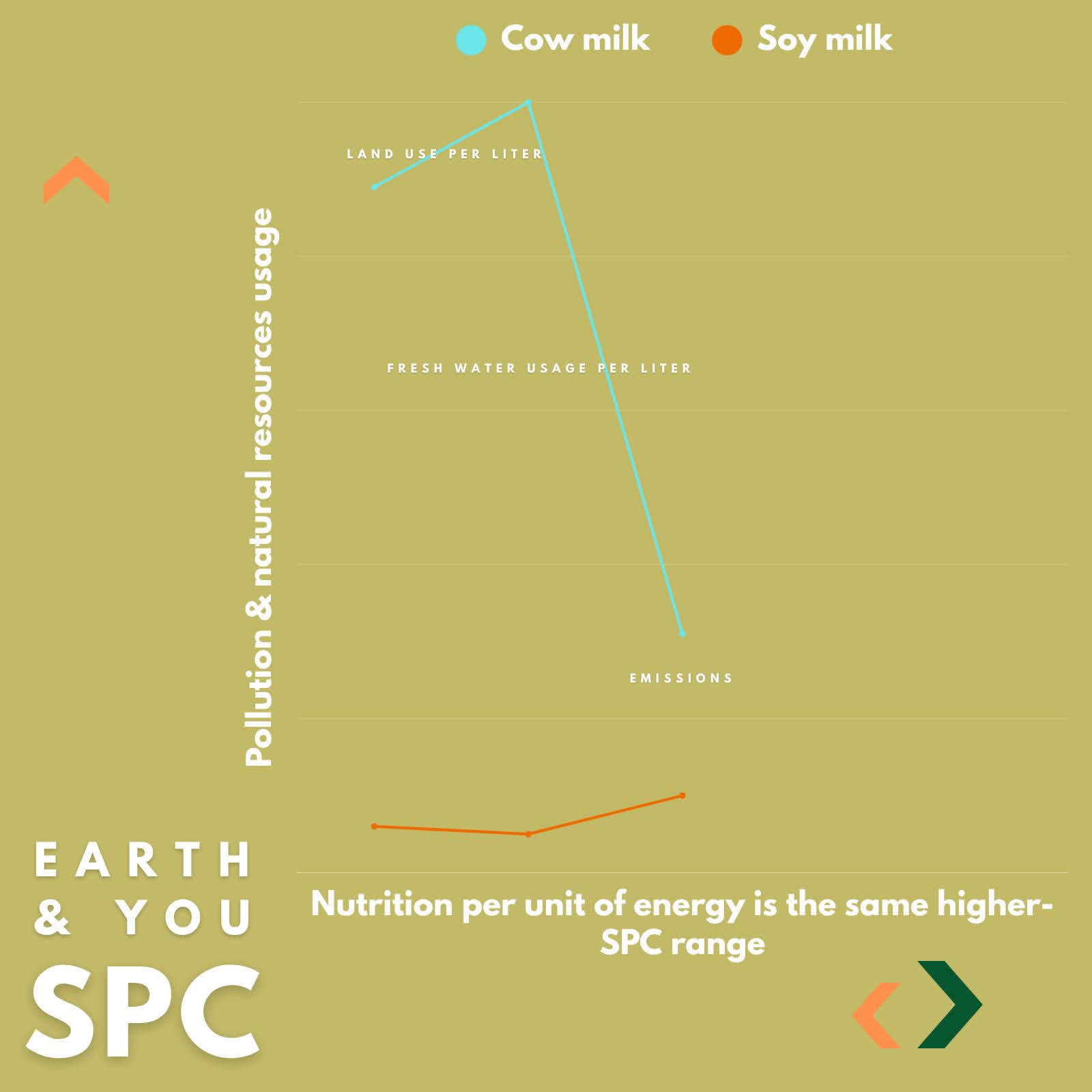
Higher-SPC meals from Strength By Fitness contain vastly more micronutrients and fiber than the lower-SPC foods you are eating way too much of.
Coach Mike, Strength By Fitness.
This is why our higher-SPC food approach is so beneficial for both human health and the planet. You get more nutrients and better outcomes no matter what your goals are, all the while you are lowering your own destructive footprint on the planet by eating healthier and smarter. Creating one incredible symbiosis of health and fitness-friendly food habits with great sustainability outcomes as far as your food habits are concerned.
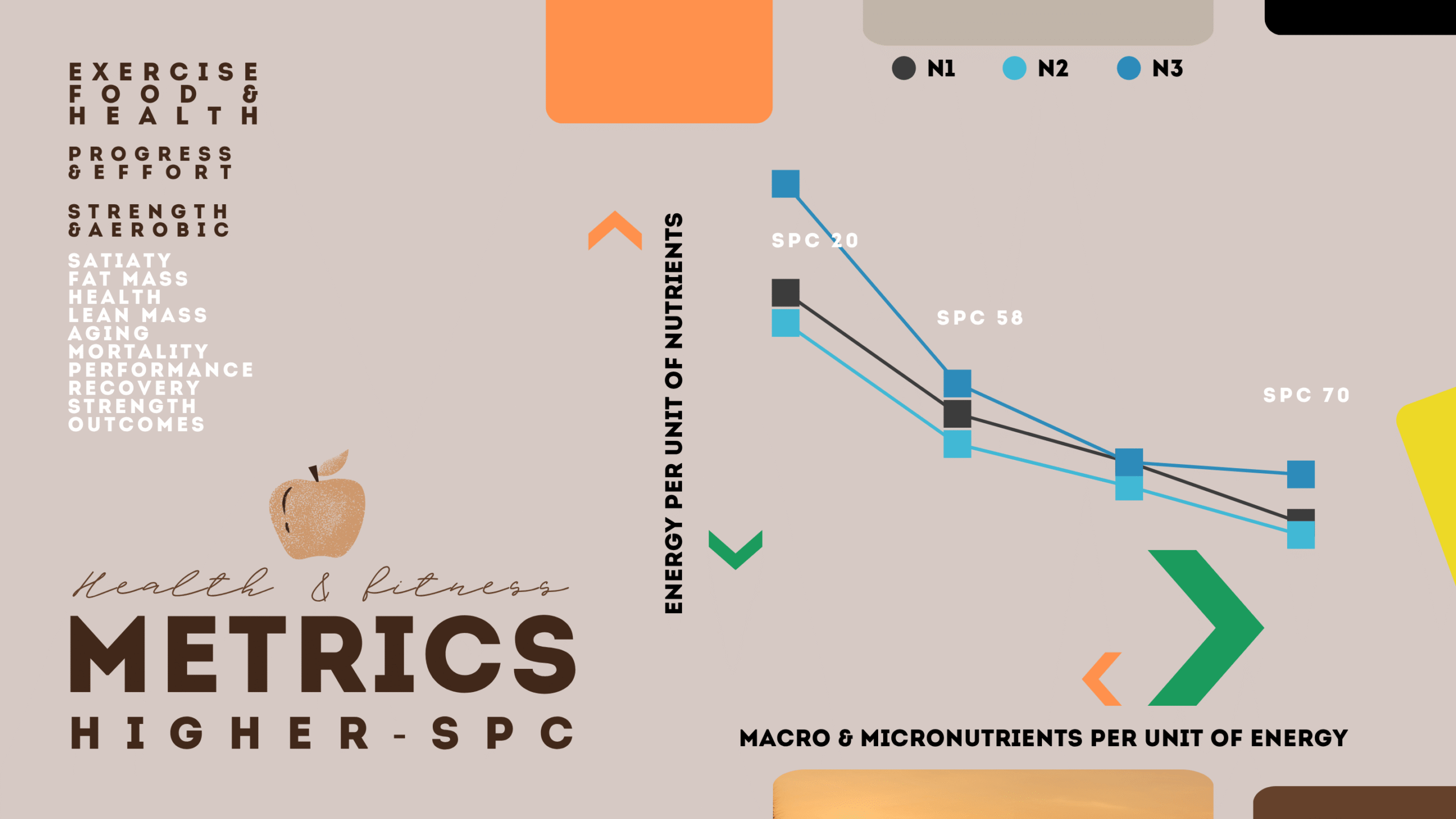
a High-protein, and higher-SPC intake universally PROVIDES better fitness progression, health, body composition, cognitive and exercise recovery outcomes
In the above image, we have visualised another treat with the SPC-range.
In Strength By Fitness recipes, the higher the SPC range, the more macro and micronutrients you are consuming per unit of energy.
And yes, the opposite applies.
The more energy your food contains per unit of nutrients, the less protein, quality carbs, healthy fat, fiber, vitamins, and minerals you are going to get from your daily food choices, potentially driving yourself obese and nutritionally deficient at the same time.
These two statements are universal. No matter if you like it or not, this is how all food habits play out.
Albeit, there is of course a breakpoint at the upper range of higher-SPC foods where a very active person might need to slightly scale the SPC-range back in order to maintain a high enough energy intake to sustain their sports performance and body mass.
Very few people exercise that much, and hard, however.
Not to mention that billions of people consume way too much energy per unit of nutrient foods, ie, lower-SPC foods with too few nutrients. This is why protein-rich, higher-SPC foods are, for most of humanity, the perfect, diet tribe neutral food life approach with a slight edge of health and planetary benefits for people who incorporate more plant-based nutrients together with their protein base.
Related Content
Obesity & Nutritional Deficiencis
Protein: RDA vs 1.6g/kg/Day
Protein Et Al
Maintain that nutritionally rich, high-protein, higher-SPC food intake for life, Health is a habit, not a 4 month diet.
All of this ( human sustainability ) also counts because the massive biodiversity loss that is currently occurring for almost all species and every ecosystem across our entire planet is firmly linked to human unsustainability.
When looking at ~ 2,000 global studies we are left with no doubt about the insane scale of this man-made problem. A larger brand new study made by the Swiss Federal Institute of Aquatic Science and Technology (Eawag) together with the University of Zurich accentuates the way modern man-made unsustainability is destroying wildlife biodiversity across the entire globe, and doing so, destabilizing our entire planet, and harming human health.
Roughly 100,000 sites across all continents were included in this comprehensive study, and the conclusion is that human activities have resulted in “unprecedented negative effects on biodiversity”. At large, the human impact across the 100,000 locations included in the study had suffered an average 20% higher population loss of wild animals than what was the case in natural areas yet to be affected by humans.
This isn’t just about wild species, and averages.
As our entire series of “Earth & you” articles highlights, unsustainability harms human health as much as it harms the health of our planet.
Five big man-made pillars of unsustainability drive this sad decline in human and planetary health.
They are.
Natural habitat loss and destruction, Excess natural resource usage ( Examples are excess hunting, fishing, and unsustainable animal agriculture ), man-made impact on climate change, invasive species, and pollution and it doesn’t matter if your own focus is on wild biodiversity or human health, the outcomes are the same, a drastic negative impact on all of us and our entire planet.
Cited study.
1. The 2005 high-protein study.
https://pubmed.ncbi.nlm.nih.gov/16002798/
2. Genetics matter but habits own the driver’s seat.
https://www.sciencedirect.com/science/article/abs/pii/S0167494323002601?s=09
3. Man-made impact on biodiversity loss across our entire world.
https://www.nature.com/articles/s41586-025-08752-2
4. Trends in nutrition and health between 1900 and now.
https://www.sciencedirect.com/science/article/pii/S2213434423000221?via%3Dihub
5. Chronic Kidney Disease and High-protein. Improvements in health and mortality outcomes.
Kidney Disease, & High-protein Intake What´s The Health And Mortality Outcome. — Strength By Fitness
6. Low SPC, UPF and high-protein.
https://www.nature.com/articles/s42255-025-01247-4
7. High-protein myths.
https://www.sciencedirect.com/science/article/abs/pii/S0002916525002540?s=09
8. Non exercise, physical activity and its impact on health and mortality.
https://www.ahajournals.org/doi/10.1161/CIRCULATIONAHA.124.072253?s=09
9. Health outcomes improve for every 3% of additional plant-based protein you consume.
https://ajcn.nutrition.org/article/S0002-9165(23)66282-3/pdf
You can also read this article over at Medium if you are a paying Medium Member.
Do you need coaching help in order to create a healthier life? Strength By Fitness coaches people online and in person. This includes fitness, fat loss, nutrition, and health. Strength training, endurance, yoga, and combat sports classes. Just click coaching in the menu up above and let us transform your health & fitness journey through life together.
recent articles
Member Exclusive: Homemade Snickers Date Protein Bar.
Welcome to Strength By Fitness Member Exclusive: Homemade Snickers Date Protein Bar.
Rich in micronutrients, 109 protein, 41 fiber, and an SPC score of 66 to 80, make this a go-to protein bar winner that is very hard to beat.
Member Exclusive Recipe: Homemade, and health friendly peanut protein bar.
Digg into Strength By Fitness homemade and health friendly peanut protein bar. This easy to make fitness bar is rich in micronutrients, fiber and protein for every unit of energy.
Are you a non-responder? Two words: Extremely unlikely.
In this nail biting free to read, public article, Coach Mike from Strength By Fitness answers the dreaded question, “Am I a non-responder” to exercise?
Two words is enough. Extremely unlikely. But read on to get the science too.
Client & Member Exclusive Recipe: Tofu, Butter bean and Black bean, Avo Toast.
What an amazing health and fitness friendly higher-SPC avo, tofu, bean toasted bread sensation from Strength By Fitness.
60 grams of protein per person and a great 51 to 65 SPC range.
Weekly Exercise, How Much Do You Need? Exclusive Member Article.
How much weekly exercise do you need?
This is a relative answer that comes down to the unique context of your lifestyle puzzle, current habits, and goals.
Read on to find out why this is nothing but great. Unlimited reading of all Strength By Fitness articles, and recipes for only 9US$ per year.
Members & Clients Recipe: Healthy & Thick Lemon Protein Mousse.. High SPC & Protein.
Exclusive Members & Clients Recipe from Strength By Fitness: Healthy & Thick Lemon Protein Mousse. High SPC: 66 to 80, with 80g of Protein.
We appreciate you
so stay healthy & never stop training
Contact
Private In-App Messaging is Available For All App + Coaching Clients
Adress
Coaching Is Available Online Via App on IOS & Google Play, and In-person, On-location.
